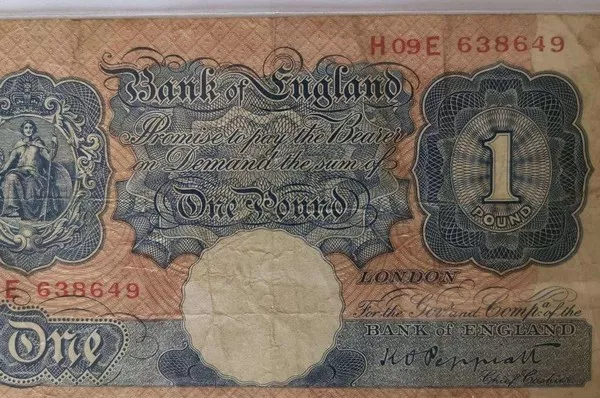In an era dominated by digital advancements and cashless transactions, the question of whether cash is still king in the United Kingdom has become increasingly relevant. The landscape of payments has undergone a significant transformation in recent years, with the rise of contactless payments, mobile wallets, and online transactions. This article explores the current state of cash in the UK, examining the factors that contribute to its persistence and the challenges it faces in an ever-evolving financial ecosystem.
The Resilience of Cash:
Despite the proliferation of digital payment methods, cash continues to hold its ground in the UK. According to recent studies, cash remains a widely used and accepted form of payment, especially for smaller transactions. The tangible nature of cash provides a sense of security for many individuals, as it allows for immediate and tangible control over their finances. Moreover, cash is inclusive, providing a payment option for those who may not have access to digital banking services.
The Role of Contactless Payments:
One of the primary drivers of the cashless trend in the UK has been the widespread adoption of contactless payments. Contactless cards and mobile payment solutions have gained immense popularity due to their convenience and speed. The COVID-19 pandemic further accelerated the shift towards contactless payments, as people sought touch-free alternatives to reduce the risk of virus transmission.
However, it’s essential to note that the convenience of contactless payments does not necessarily negate the importance of cash. While contactless transactions excel in speed and efficiency, cash still offers a level of anonymity and autonomy that appeals to certain demographics. For example, older individuals may prefer the familiarity and simplicity of using physical cash over digital alternatives.
The Role of Digital Wallets:
Digital wallets, such as Apple Pay, Google Pay, and Samsung Pay, have become integral parts of the digital payment landscape. These platforms allow users to store their payment information securely and make transactions with a simple tap on their smartphones. While digital wallets cater to the tech-savvy population, they may not be the preferred choice for everyone.
Concerns over security and data privacy, as well as the potential for technical glitches, may deter some individuals from fully embracing digital wallets. Cash, in contrast, offers a tangible and private means of conducting transactions without the need for intermediary technology. As a result, the coexistence of cash and digital payment methods illustrates the diverse preferences within the UK population.
Challenges Faced by Cash:
Despite its resilience, cash faces certain challenges in the evolving payments landscape. The decline in cash usage at larger businesses and the increasing prevalence of card-only policies pose obstacles for those who rely on cash for their day-to-day transactions. Additionally, the cost of handling and processing cash transactions, along with the need for regular cash replenishment in ATMs, presents challenges for businesses and financial institutions.
Furthermore, the central banks’ exploration of central bank digital currencies (CBDCs) and the potential implementation of digital pounds could impact the role of physical cash in the future. CBDCs could offer a government-backed digital alternative to cash, combining the benefits of digital transactions with the security and stability of traditional currency.
The Future of Cash in the UK:
As we look ahead, it is evident that the future of cash in the UK will be shaped by a delicate balance between tradition and innovation. While digital payments continue to gain ground, cash remains deeply embedded in the cultural and economic fabric of the nation. The key lies in fostering an inclusive financial ecosystem that accommodates both digital and physical forms of payment.
Financial education plays a crucial role in this transition, ensuring that individuals are aware of the diverse payment options available and can make informed choices based on their preferences and needs. Moreover, policymakers and businesses must work together to strike a balance between embracing technological advancements and preserving the accessibility and inclusivity that cash provides.
See also When Was the GBP the Strongest?
Conclusion:
In the dynamic landscape of payments in the United Kingdom, cash continues to demonstrate its resilience. While digital payment methods offer efficiency and convenience, the tangible nature of cash, along with its privacy and inclusivity, ensures its ongoing relevance. The coexistence of cash with contactless payments and digital wallets reflects the diverse preferences of the population.
As we navigate the evolving financial ecosystem, it is crucial to recognize the importance of striking a balance between tradition and innovation. The future of cash in the UK lies in fostering an inclusive environment that accommodates the preferences of all individuals, ensuring that no one is left behind in the pursuit of a cashless society.


